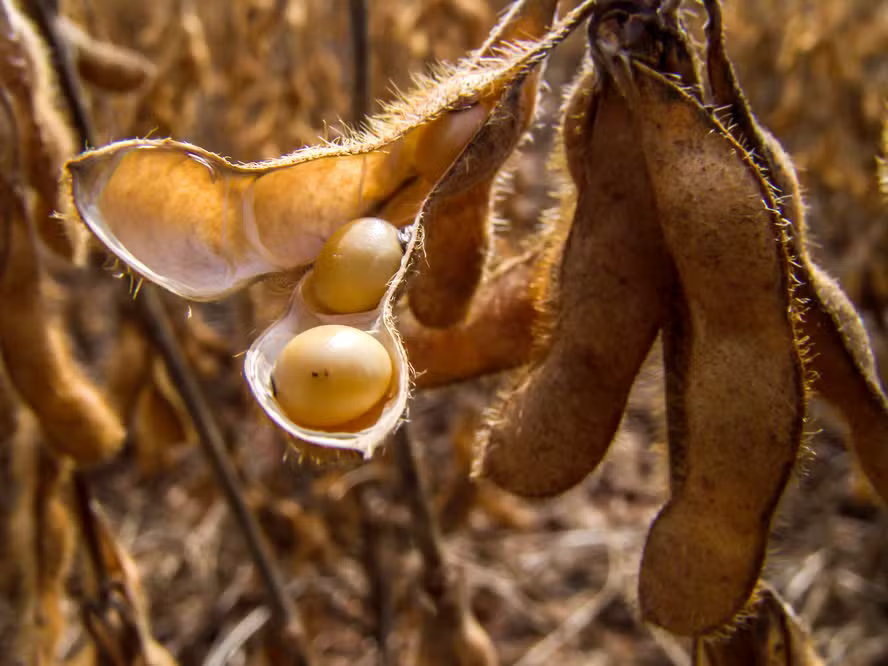The claim is that the trade agreement establishes a dominant position in the trading market
This week, the Brazilian Agriculture and Livestock Confederation (CNA) filed a complaint with the Administrative Council for Economic Defense (CADE) against the associations of companies and industries that are members of the Soy Moratorium. The information was revealed earlier by Broadcast Agro and confirmed by Valor with sources familiar with the matter.
In the lawsuit, the CNA reinforces arguments presented in similar representations made by the Association of Soybean and Corn Producers of Mato Grosso (Aprosoja-MT) and by the Agriculture Committee of the Chamber of Deputies to the antitrust agency at the end of last year. The latter resulted in the opening of an investigation by CADE in September 2024 to investigate possible violations of the economic order related to the moratorium — a preliminary investigation stage, which precedes a possible investigation.
The claim is that the soy moratorium creates a dominant position in the market for trading companies that are part of the Brazilian Association of Vegetable Oil Industries (Abiove) and the National Association of Grain Exporters (Anec), which violates the free competition law in the eyes of rural producers. These companies hold almost 90% of the market share of soybean in the country.
In the petition, the CNA also requests that Cade investigate the economic losses suffered by rural producers as a result of the soy moratorium. The entity did not respond to requests for comment from the reporter.
The soy moratorium is a private agreement signed between grain exporting companies, the government and civil society organizations linked to the environment to prevent the sale of oilseeds produced in areas deforested after July 22, 2008 in the Amazon.
Since last year, producers from Mato Grosso and Rondônia have increased pressure to overturn the private pact. On the other hand, 66 civil society organizations launched a manifesto in favor of the moratorium and demanded a commitment to zero deforestation in the Amazon.
A law sanctioned in October 2024 by the governor of Mato Grosso, Mauro Mendes, removed tax and fiscal benefits from companies that signed the agreement and practically extinguished the scope of the moratorium. At the end of December, however, Supreme Court Justice Flávio Dino temporarily suspended the law. A Direct Action of Unconstitutionality (ADI 7,774) filed by the PCdoB, PSOL, PV and Rede parties is expected to be judged this month.
In parallel, Congresswoman Coronel Fernanda (PL-MT) is trying to unite producers, traders and the Public Prosecutor’s Office to formalize a new Soy Environmental Compliance Pact (PCAS). A pilot project to monitor the soybean production chain to collect information that will support the development of the pact’s rules is to be implemented in Feliz Natal, a city in Mato Grosso. However, legal and Cade actions could hinder private negotiations.

